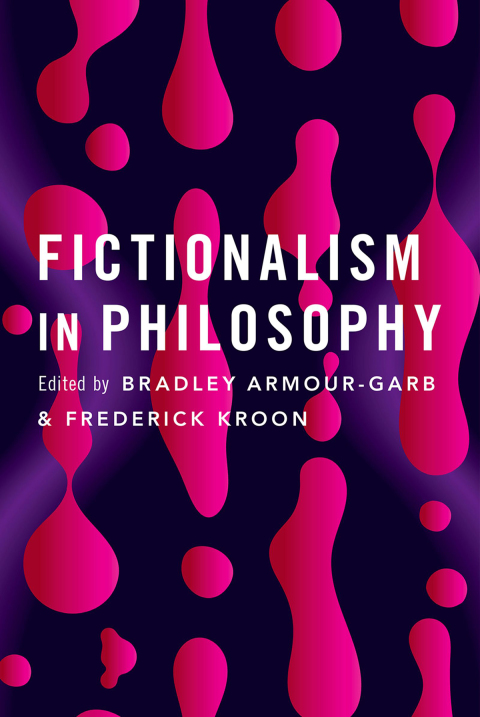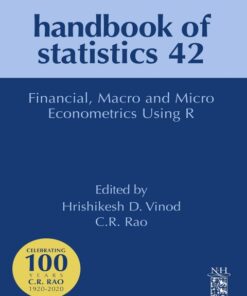Fictionalism in Philosophy 1st Edition Ebook (tebook.shop)
$25.00
Bradley ArmourGarb; Frederick Kroon
Fictionalism in PhilosophyThere are things we routinely say that may strike us as literally false but that we are nonetheless reluctant to give up. This might be something mundane, like the way we talk about the sun setting in the west (it is the earth that moves), or it could be something much deeper, like engaging in talk that is ostensibly about numbers despite believing that numbers do not literally exist. Rather than regard such behaviour as self-defeating, a “fictionalist” is someone who thinks that this kind of discourse is entirely appropriate, even helpful, so long as we treat what is said as a useful fiction, rather than as the sober truth.
“Fictionalism” can be broadly understood as a view that uses a notion of pretense or fiction in order to resolve certain puzzles or problems that otherwise do not necessarily have anything to do with literature or fictional creations. Within contemporary analytic philosophy, fictionalism has been on the scene for well over a decade and has matured during that time, growing in popularity. There are now myriad competing views about fictionalism and consequently the discussion has branched out into many more subdisciplines of philosophy. Yet there is widespread disagreement on what philosophical fictionalism actually amounts to and about how precisely it ought to be pursued. This volume aims to guide these discussions, collecting some of the most up-to-date work on fictionalism and tracing the view’s development over the past decade. After a detailed discussion in the book’s introductory chapter of how philosophers should think of fictionalism and its connection to metaontology more generally, the remaining chapters provide readers with arguments for and against this view from leading scholars in the fields of epistemology, ethics, metaphysics, philosophy of science, philosophy of language, and others. ISBN: 9780190689605, 0190689609











